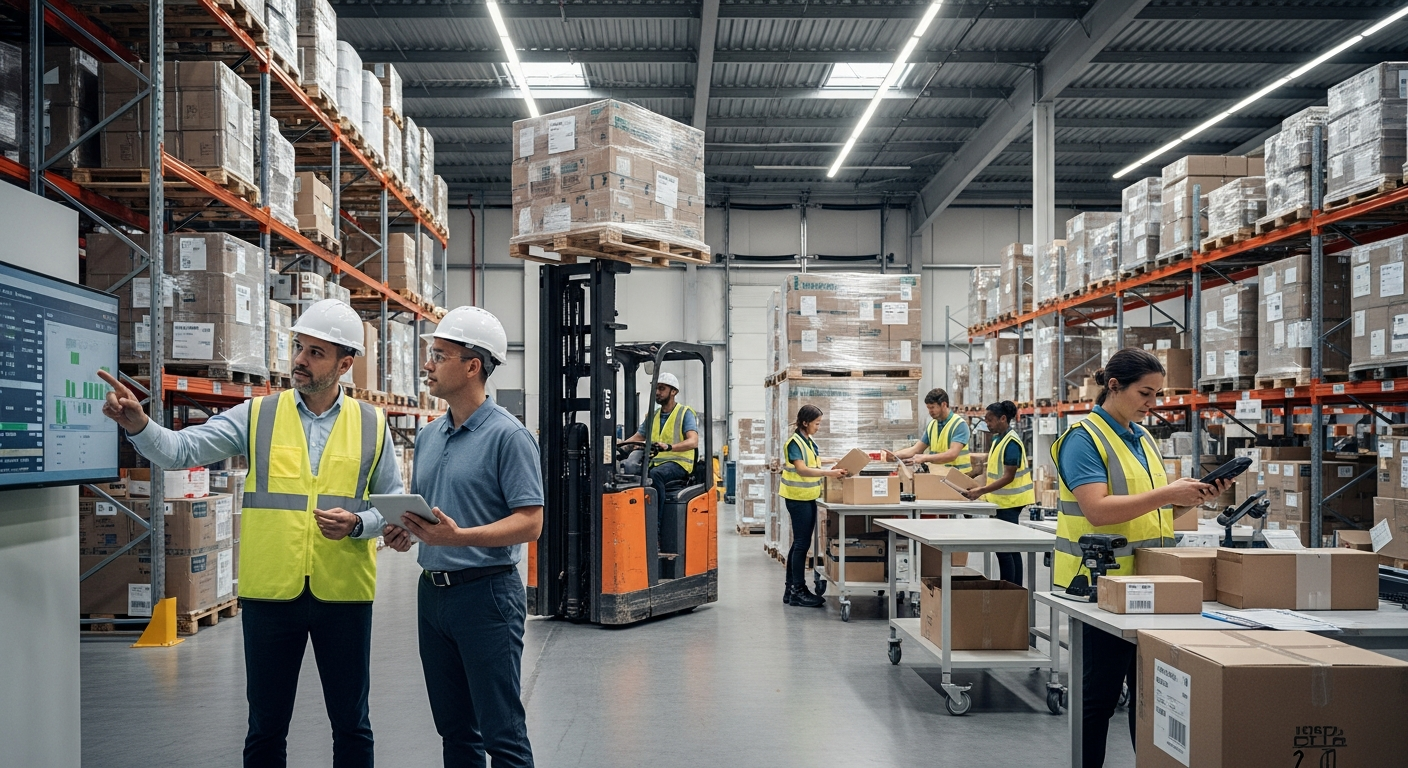Shifting Gears: The Transformative Impact of Industry 4.0 on Auto Manufacturing
Introduction The onset of Industry 4.0 has spurred a paradigm shift in auto manufacturing, opening doors to unseen levels of efficiency and customization. Let's delve into this era-defining transformation and its implications for the auto industry. Industry 4.0, also known as the fourth industrial revolution, represents the integration of digital technologies like data analytics, cloud computing, and the Internet of Things (IoT) within manufacturing processes. In the context of auto manufacturing, these advancements are revolutionizing production lines, enhancing efficiency, and personalizing consumer experiences.

Industry 4.0 Current Trends in Auto Manufacturing
Today, auto manufacturers are embracing Industry 4.0 technologies to optimize their operations. Predictive maintenance, using data analytics and machine learning, can anticipate machine wear and tear, minimizing downtime. Advanced robotics are streamlining assembly lines, while 3D printing is enabling the rapid production of custom parts.
The Impact of Industry 4.0 on Auto Manufacturing
The integration of Industry 4.0 technologies has led to significant improvements in production efficiency, reducing costs and lead times. Moreover, these technologies have enabled a shift towards mass customization, allowing manufacturers to tailor vehicles to individual customer preferences without sacrificing efficiency.
The Flip Side: Challenges of Implementing Industry 4.0
However, the transition to Industry 4.0 is not without its challenges. Manufacturers must grapple with issues like cybersecurity, data privacy, and the need for significant infrastructural investment. They also face the daunting task of upskilling their workforce to operate and maintain these new technologies.
Pragmatic Insights for Industry 4.0 Adaptation
-
Start Small: Begin by implementing Industry 4.0 technologies in a single process or department before scaling up.
-
Upskill the Workforce: Invest in training programs to equip your employees with the necessary skills to handle new technologies.
-
Collaborate with Technology Providers: Forge partnerships with technology companies to leverage their expertise and support in implementing these technologies.
-
Prioritize Cybersecurity: Given the reliance on digital technologies and data, ensuring robust cybersecurity measures are in place is paramount.
In conclusion, the advent of Industry 4.0 has disrupted auto manufacturing, paving the way for advanced efficiency and customization. However, to fully capitalize on these opportunities, manufacturers must overcome a slew of challenges, including cybersecurity concerns and workforce upskilling. By navigating these hurdles, the auto industry can truly harness the power of the fourth industrial revolution.



